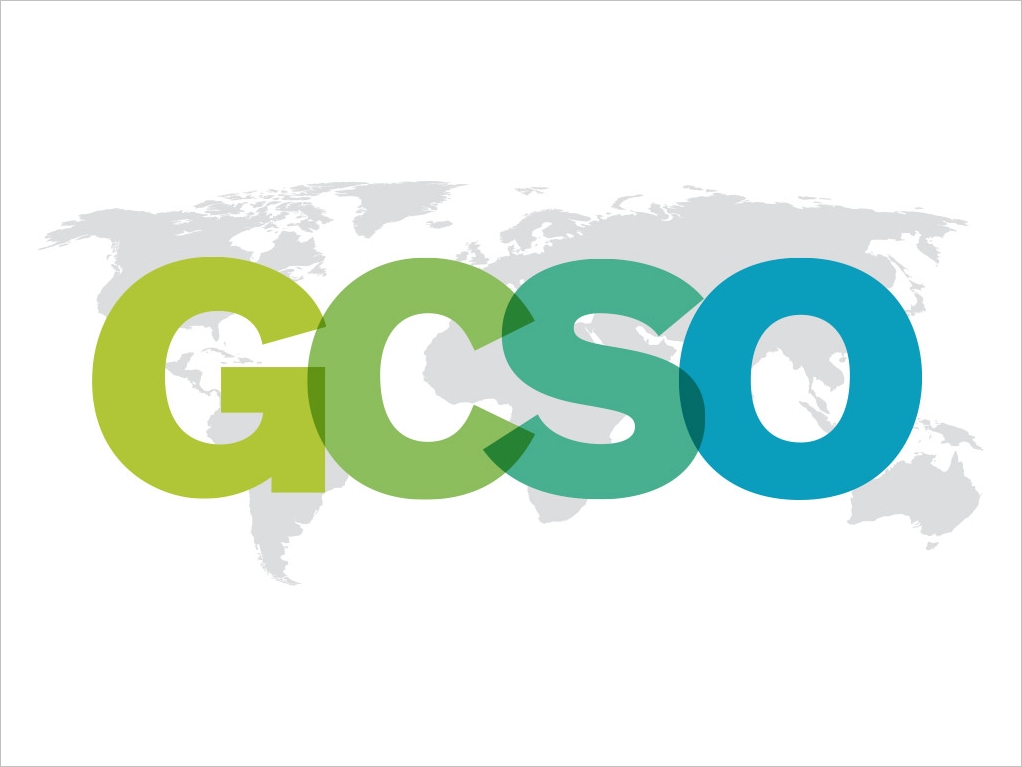International Network for Sustainability Solutions
As one of eleven international scientific institutions, the Karlsruhe Institute of Technology (KIT) became a founding member of the GCSO in 2016. The goal of the international network is to develop and test ideas for solving sustainability problems locally, and then to implement them with the help of the partners elsewhere. For example, sustainability effects can, ideally, unfold on several continents. ITAS, for the KIT, is involved in two of the three newly launched projects.
Sustainability-oriented administrative work
The project team, Andreas Seebacher, Richard Beecroft and Kaidi Tamm, participates in the transdisciplinary cooperation project “Building Sustainability Implementation Capacity in City Staff and Leadership” (CapaCities). The project aims at building capacity among urban employees and managers to support sustainable development. New competences are expected to result in changes in urban decision-making processes that will ultimately lead to real changes towards sustainability. ITAS’s specific contribution is to develop interactive public sustainability walks in the city area which provide information about specific local conditions as well as knowledge of global and theoretical sustainability issues.
The campus as a real lab
In addition, the ITAS team is involved in the project “Urban, Rural, and On-Campus Solutions: Living Campus Accelerator Toolkit” (UROC), which focuses on the energy-water-waste nexus in a real lab setting. The project investigates the energy savings achieved by turning off the hot water in toilets and the associated side effects in individual buildings at university campuses in London, Dublin and Toronto. The goal is to develop a “toolkit” which can be used in different geographical or cultural contexts to identify tasks related to the topic and to solve them with participation of different building users, e.g., students, teachers or employees of the building management. ITAS assists in the analysis of the collected data and advises on the involvement strategy or participation behavior of the users. (05.04.2017)
Further information:
- Project description CapaCities
- Project description UROC
- GCSO announcement on the launch of the first project


